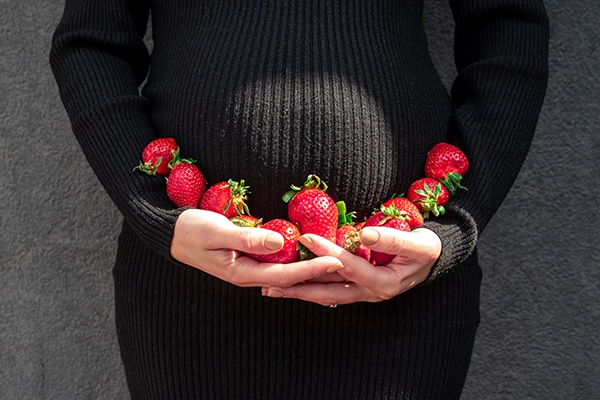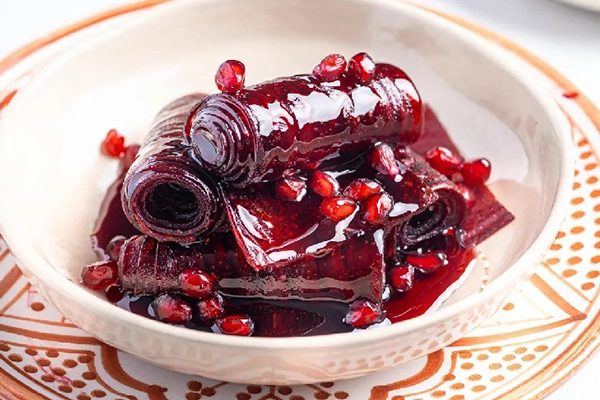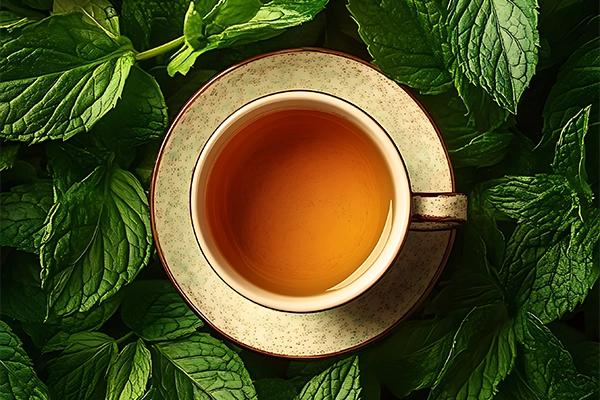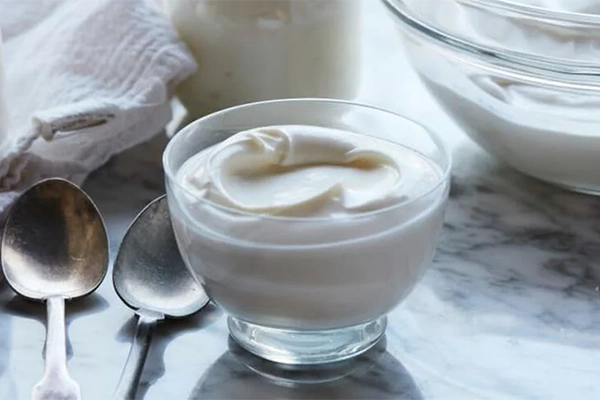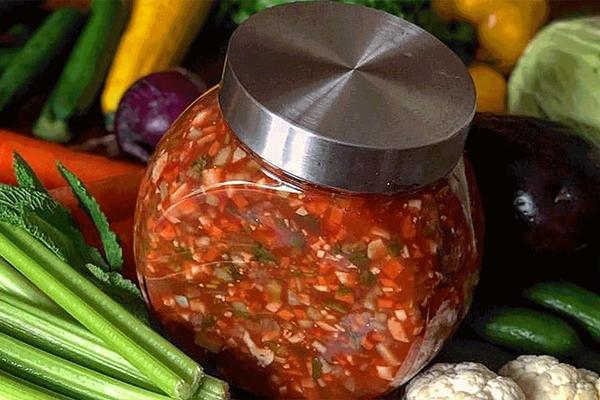Pregnancy is one of the most delicate and significant phases of a woman’s life. What you eat directly affects your baby’s development and your own well-being. While fruits are generally celebrated for their high nutritional value, some varieties may not be suitable during pregnancy. Certain fruits can cause adverse effects such as uterine contractions, elevated body temperature, or allergic reactions.
Due to hormonal shifts, increased sensitivity, and individual health concerns, expecting mothers must be selective in their fruit choices. In this article, we will explore fruits to avoid during pregnancy based on medical insights and nutritional evidence — helping you make informed and safe dietary decisions. For more tips on how much fruit you should eat daily, check out our guide on Daily Fruit Intake.

Why Some Fruits Are Risky During Pregnancy
Below are fruits that doctors commonly advise avoiding or limiting while pregnant, especially in the early stages or in high-risk pregnancies.
1. Bananas
Though widely consumed, bananas can trigger allergies in some women due to the enzyme chitinase, and may raise body heat. If you’re sensitive, it’s best to limit intake or avoid them altogether during pregnancy.
2. Pineapple
Pineapple contains bromelain, which may soften the cervix and lead to contractions and make it one of Fruits to Avoid During Pregnancy. While small amounts might be safe for some, large quantities—especially in early pregnancy—can increase the risk of miscarriage or preterm labor.
3. Plums
Rich in vitamin A, plums can raise body temperature when consumed in excess. Though beneficial in moderation, overconsumption might not be safe during pregnancy, making them a fruit to be cautious with.
4. Watermelon
Despite its cooling nature, watermelon has high sugar content, which may affect blood glucose levels—particularly concerning for women with gestational diabetes.
5. Dried Fruits
Many dried fruits contain added preservatives or sulfur dioxide, which may cause digestive discomfort or allergic reactions. Fresh fruits are a safer choice during this sensitive period.
6. Frozen Fruits
Frozen fruits might not retain full nutritional value and can harbor bacteria if not stored properly. It’s safer to consume fresh produce that is thoroughly washed and peeled when needed.
7. Canned Fruits
Canned varieties often include chemical preservatives and added sugars, which can interfere with hormonal balance and fetal growth. Whenever possible, choose fresh over canned.
8. Papaya
Unripe papaya contains latex, known to trigger uterine contractions. Even ripe papaya should be eaten with caution, especially in early pregnancy.
9. Grapes
Grapes, particularly non-organic ones, may carry pesticide residues and are high in natural sugars. Overconsumption could contribute to digestive issues or elevated blood sugar, it makes grapes one of Fruits to Avoid During Pregnancy.
10. Lychee
This sweet fruit, while nutritious, can cause bloating or energy crashes when consumed in excess. It’s best to eat lychee in moderation or avoid it during sensitive stages of pregnancy.
Fruits to Avoid While Trying for Pregnancy
If you’re planning for pregnancy, diet plays a key role in hormonal regulation and fertility. Some fruits—like papaya, pineapple, or those high in heat-generating compounds—are considered fruits to avoid while trying for pregnancy. They may interfere with conception by impacting reproductive balance or triggering mild uterine activity.
Safer Alternatives to Fruits to Avoid During Pregnancy
If you’re concerned about which fruits to avoid during pregnancy, it’s equally important to know which ones are safe and beneficial. Instead of high-sugar or enzyme-rich fruits, opt for alternatives that are gentle on digestion and nutrient-dense.
Recommended fruits include:
- Apples: Packed with fiber and vitamin C, apples support digestion and boost immunity without causing spikes in blood sugar.
- Pears: Low in acidity and high in water content, pears are a soothing choice for pregnant women.
- Berries: Strawberries, blueberries, and raspberries are rich in antioxidants and lower in sugar, making them ideal for snacks or breakfast toppings.
- Pomegranates: Rich in iron and folate, they help prevent anemia without any harmful effects.
By choosing these safer options, you can enjoy the health benefits of fruit while minimizing the risks associated with the fruits to avoid during pregnancy. Always go for fresh, seasonal, and organically grown options when possible.
Final Tips on Managing Fruit Cravings During Pregnancy
It’s completely natural to experience cravings during pregnancy, and fruit is often one of the most craved food groups. However, if your cravings include any of the fruits to avoid during pregnancy, try redirecting them toward healthier choices. For example, if you crave pineapple, try eating a few slices of kiwi or oranges instead—they’re also rich in vitamin C but safer in moderation.
It may also help to:
- Stay hydrated, as thirst is often mistaken for fruit cravings.
- Include protein or healthy fats in your meals to feel more satisfied and reduce sugar cravings.
- Use fruit in smoothies or salads, mixing safer fruits with a small quantity of others if allowed by your doctor.
By being mindful of your choices and understanding which fruits to avoid during pregnancy, you can still enjoy a balanced diet full of natural sweetness, without jeopardizing your health or your baby’s development.
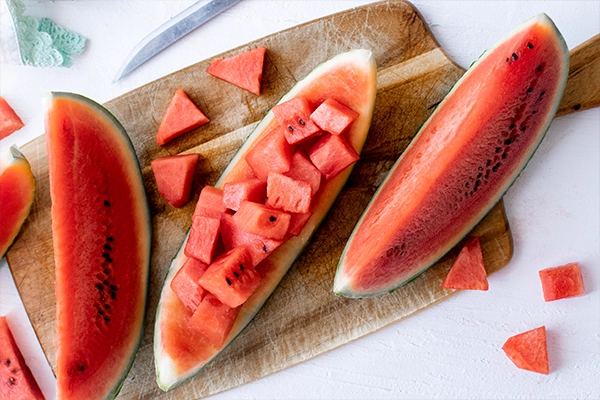
Fruits to Avoid During Pregnancy for Fair Baby
While skin tone is genetically determined, diet may influence melanin activity. Certain fruits such as carrots, kiwis, and mangoes—rich in beta-carotene—are sometimes linked (anecdotally) to increased melanin production. For those concerned with complexion, these may be labeled as fruits to avoid during pregnancy for fair baby, though scientific support is limited. Instead, fruits like apples, pears, and coconut water are often recommended for their lighter nutrient profile.
Conclusion
Choosing the right fruits during pregnancy is essential for both maternal health and fetal development. While most fruits offer excellent nutrients, certain ones—due to their composition, sugar content, or chemical residues—may not be suitable during this time. Understanding which fruits to avoid during pregnancy helps reduce risks like premature contractions, allergic reactions, or blood sugar spikes.
For peace of mind, always wash fruits thoroughly, opt for organic when possible, and consult your doctor for personalized advice. And if you’re looking for fresh, high-quality produce, visit trusted stores like Faraz Hypermarket—ensuring your fruit choices support a safe and nourishing pregnancy.
